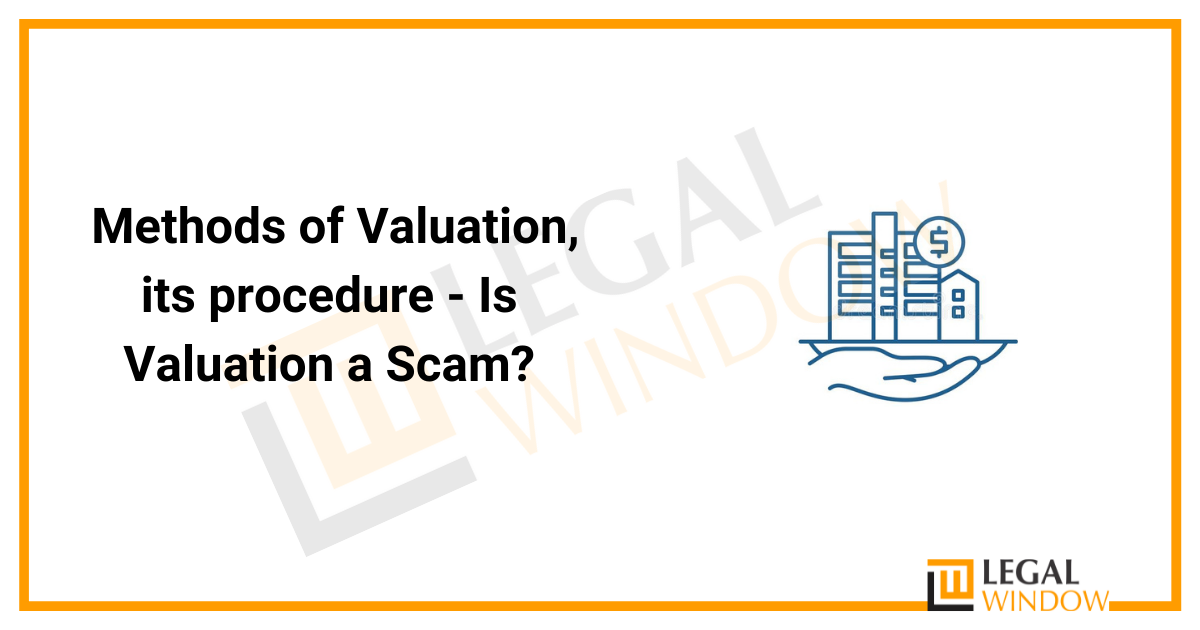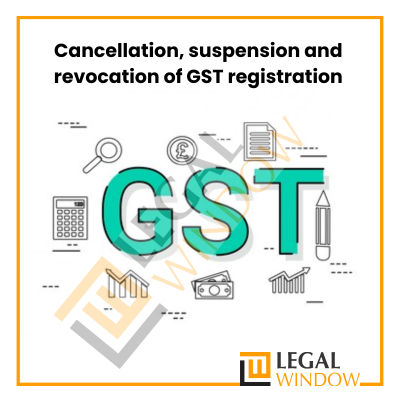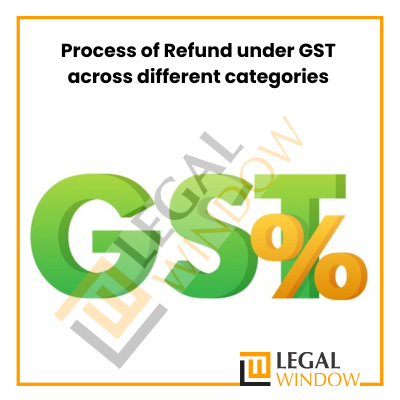
A company appraisal necessitates a working understanding of several criteria, as well as professional judgment and expertise. This involves recognizing the valuation’s goal, the value drivers affecting the subject company, and an awareness of industry, competitive, and economic aspects, as well as selecting and using suitable valuation processes and procedures. In this article we’ll try to find out the answer for Is Methods Valuation a scam?
| Table of Content |
Concept of Valuation
The process of finding the current value of a company or an asset is known as valuation. It can be accomplished in several ways. Analysts attempting to value a company typically consider the company’s management, projected future income, the market price of the property, and the capital structure composition. A valuation can also be used to calculate a security’s fair value, which is determined by the amount a buyer is willing to pay a seller under the assertion that both parties will participate in the transaction.
Assets and obligations, such as corporate bonds, can both be valued. Mergers and acquisitions, capital budgeting, investment research, litigation, and financial reporting are just a few of the reasons they’re needed.
Connect to Legal Window’s Experts and get assistance in registration of your company and Tax Compliances and Returns, such as Income Tax Return and GST Returns.
Purpose of Valuation
As per MCA the purpose for valuation is important. Also, identifying the goal of the company valuation is a vital initial stage in the process because it determines the “base of value” or “standard of value” to be used, which influences the strategy, inputs, and assumptions used in the valuation. A valuation may be performed for a variety of reasons, including purchase or sale, litigation, taxation, insolvency, or financial reporting, to mention a few. Further, valuation is required for the sale or purchase of a business. Acquiring or merging with another company Investors or business finance Percentages of ownership by partners exit or entry of investors/shareholders.
The Procedure for Valuation
A business can be valued in a variety of ways. To arrive at the correct value, a variety of strategies can be used.
- The Market Capitalization Method: The most basic approach to valuing a company is to use market capitalization. It’s computed by dividing the company’s share price by the total number of outstanding shares.For example, the Market Cap of Facebook is just the number of outstanding shares (2.872 billion) multiplied by the price ($123.18) to arrive at $353.73 billion. We agree that enterprise value is a better metric, however, you must first compute market cap to arrive at enterprise value.The whole cost of purchasing a company is calculated using enterprise value, which determines the true value of a company.Enterprise Value = market value of common stock or market cap + market value of preferred shares + total debt (including long and short-term debt) + minority interest – total cash and cash equivalents is the formula for calculating EV.
- Times Revenue Methods: Revenue Method in Times a stream of revenues generated over some time is applied to a multiplier that relies on the industry and economic climate in the time’s revenue business valuation approach.IT Company, for example, can be valued at 3x sales, whereas a service company might be valued at 0.5x revenue.
- Earnings Multiplier: A multiplier of Earnings because profits are a more dependable indicator of a company’s financial success than sales revenue, the earnings multiplier can be utilized to acquire a more accurate image of its true value. The earnings multiplier compares future profits to cash flow that might be invested over the same period at the present interest rate. To put it another way, it adjusts the current P/E ratio to take current interest rates into account.
- Discounted Cash Flows ( DCF) Methods: This strategy is based on future cash flow estimates that are updated to determine the company’s current market value. The fundamental difference between the discounted cash flow approach and the profit multiplier method is that the discounted cash flow method takes inflation into account when calculating present value.
- Book Value Or Asset Based Value: In this the worth of a company’s shareholders’ equity are represented on the balance sheet statement. A company’s book value is calculated by subtracting its total liabilities from its total assets. It can be separated into two sections.
- Going concern Entity: Valuation is appropriate for businesses that expect to continue functioning and not sell any of their assets immediately. This calculation takes into account the present total equity of the company, which is defined as assets minus liabilities.
Method of Liquidation Value
The liquidation value method, on the other hand, is predicated on the assumption that the business is closed and the assets will be liquidated. In this, the value is determined by the amount of net cash that would be available if the business were to close and the assets were to be sold.
Because liquidation value is generally less than fair market value, the value of a company’s assets will likely be lower than usual. The liquidation value is always a quick way to value a company. This does not have real market worth. People seek to buy only the cheapest businesses so that they can profit later when their valuations rise.
Is Valuation a Scam?
To forecast how the future will unfold, a business valuation requires a great deal of commercial intelligence and patience. The potential is enormous; for example, in 2012, when Facebook paid $1 billion for Instagram, a startup with only 13 workers at the time, it was thought to be insane and flagrant. After almost ten years of acquisition, Instagram now generates 20 billion dollars in revenue for Facebook, with one billion users.
In situations where capital degradation is unavoidable, there either the big players will buy the small if there is any potential and profit from their losses, or they will use the distribution channels they have put up, the goodwill they have built, or whatever other resources they have built.
Growth investing is difficult by definition, and for good reason. Many businesses’ profits tend to revert to mean, which hurts investors, especially when they overpay to acquire them at the wrong end of the cycle.
Conclusion
We can see appraisal from two perspectives. On one hand, some feel that proper valuation is a rigorous science with limited room for analyst opinions or human mistakes. On the other hand, some believe that valuation is more of an art which skilled analysts may manipulate the statistics to achieve any desired result. It is a kind of reality check and not all valuations will be successful.
Legal Window is the key solution for all your queries regarding the valuation of company and procedure, so feel free to connect with our experts.
CS Urvashi Jain is an associate member of the Institute of Company Secretaries of India. Her expertise, inter-alia, is in regulatory approvals, licenses, registrations for any organization set up in India. She posse’s good exposure to compliance management system, legal due diligence, drafting and vetting of various legal agreements. She has good command in drafting manuals, blogs, guides, interpretations and providing opinions on the different core areas of companies act, intellectual properties and taxation.
Categories
- Agreement Drafting (23)
- Annual Compliance (11)
- Change in Business (36)
- Company Law (147)
- Compliance (88)
- Digital Banking (3)
- Drug License (3)
- FEMA (17)
- Finance Company (42)
- Foreign Taxation (6)
- FSSAI License/Registration (14)
- GST (116)
- Hallmark Registration (1)
- Income Tax (199)
- Latest News (34)
- Miscellaneous (164)
- NBFC Registration (8)
- NGO (14)
- SEBI Registration (6)
- Section 8 Company (7)
- Start and manage a business (20)
- Startup/ Registration (126)
- Trademark Registration/IPR (40)
Recent Posts
About us
LegalWindow.in is a professional technology driven platform of multidisciplined experts like CA/CS/Lawyers spanning with an aim to provide concrete solution to individuals, start-ups and other business organisation by maximising their growth at an affordable cost.








